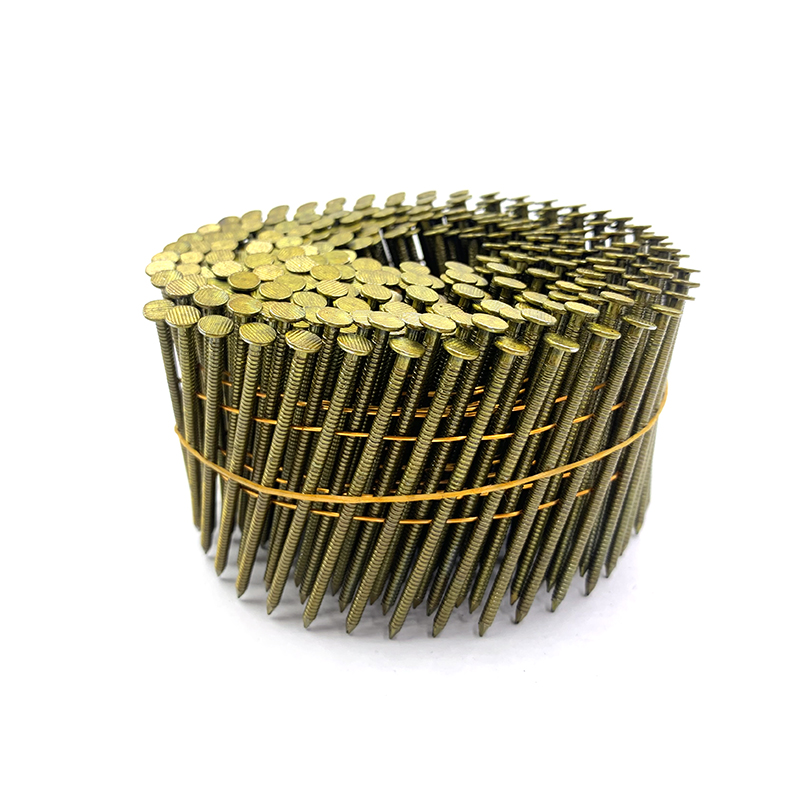15 degree siding nails are designed for attaching siding materials like wood, vinyl, aluminum or fiber cement lap siding to the exterior walls of buildings. However, 15 degree siding nails are not suitable or recommended for attaching the following materials:
Brick or stone veneer
Siding nails do not have the holding power for attaching heavy, dense materials like brick or stone. Concrete screws or masonry nails should be used instead.
Stucco
Stucco requires special stucco nails, screws or staples to securely attach to its base material through the rigid, cementitious layer. Standard siding nails will not work effectively.
Tile
Ceramic, porcelain or natural stone tiles require tile backer board and tile adhesive or mortar to install, not nails. Nails can crack or pop tiles loose.
Drywall or gypsum sheathing
Siding nails do not have optimal holding power in drywall or gypsum sheathing alone. Wall framing members need to be located and nails driven into studs or solid wood blocking behind the sheathing.

Plywood or OSB wall sheathing
Siding nails can be problematic when driven directly into the edges of plywood or OSB wall sheathing. It is best to locate wall studs or install wood furring strips over the sheathing to nail the siding to.
Natural wood shingles or shakes
Specialty roofing nails are required for installing wood shingles and shakes to ensure proper holding power and minimize splitting. Siding nails are too short and light-duty for this application.
Metal panels
Self-tapping metal screws are required for attaching metal siding panels, not nails. Nails will not sufficiently penetrate and engage with metal materials.